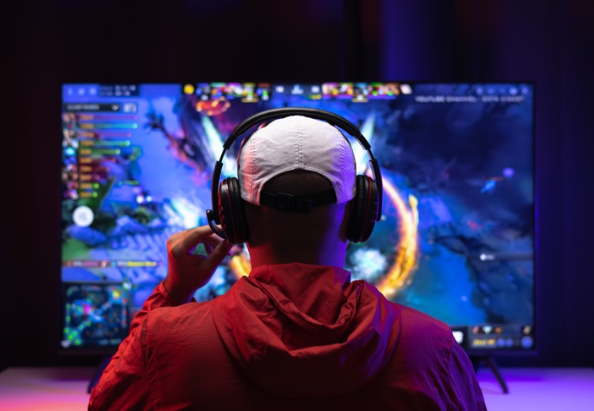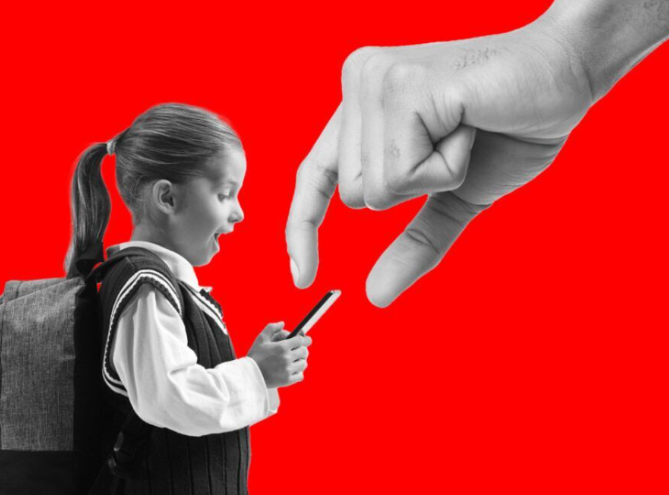In today's world, the use of mobile phones and other digital devices is an integral part of daily life. Although they bring numerous advantages, experts are increasingly warning about the negative impact of technology on both mental and physical health, especially for young people. The growing concern among experts raises the question: should mobile phone usage be regulated in a manner similar to tobacco products in order to protect the health of the most vulnerable groups in society?
The Impact of Social Media and Games on Mental Health
According to World Health Organization (WHO) expert Natasha Azzopardi Muscat, there is mounting evidence that social media and video games encourage problematic behaviors, especially among adolescents. This growing issue, which can lead to addictive behavior, demands urgent action. Muscat emphasizes that governments should consider implementing measures similar to those used for tobacco products – including age restrictions, price controls, and bans on usage in certain spaces.
"Given the growing body of evidence on the negative impact of social media and games, it’s time to consider limiting access to digital devices in certain places, just as we did with cigarettes," said Azzopardi Muscat. "We might need to introduce age limits for using these devices and consider banning them in specific locations."
Control Over the Digital World
One of the key issues, as experts point out, is that children and teenagers are becoming overly dependent on digital platforms. Muscat stresses the importance of empowering young people so they can control the digital world instead of being controlled by it. This involves introducing educational programs that would teach children and adolescents how to cope with the challenges and pressures brought by the digital environment.
"We need to educate young people to build resilience against the digital world, rather than allowing the digital world to control their lives," Muscat emphasized.
Mental Health Under Pressure
According to data from the World Health Organization, an increasing number of adolescents are showing symptoms associated with excessive use of social media and games, including sleep disorders, anxiety, depression, and reduced ability to concentrate. Prolonged exposure to screens can also negatively affect physical health, leading to vision problems, posture issues, and reduced physical activity.
"While social media and games can be beneficial, we must be aware that an increasing number of young people are developing problematic usage patterns that have long-term consequences for their mental health, academic performance, and overall well-being," Muscat warns.
The Urgency of Regulation
The link between social media use and worsening mental health is particularly evident among teenagers. Numerous studies and research highlight the harmful effects of prolonged exposure to digital platforms. "We can’t wait too long to respond," says Azzopardi Muscat. "We need to gather and analyze evidence, but it’s clear we must act quickly."
The Impact of Electromagnetic Radiation on Human Health
In addition to mental health concerns, growing research shows the harmful effects of electromagnetic radiation (EMR) emitted by mobile devices. Children and adolescents are particularly vulnerable, as their bodies absorb higher levels of radiation due to thinner skin and developing organs. Experts warn that prolonged exposure to EMR can lead to various health problems, including headaches, fatigue, sleep disorders, and, in the long term, an increased risk of more serious illnesses.
Fortunately, there are solutions that can help protect health, such as the use of HSC technology. HSC protective cards utilize innovative Tesla scalar technology, which transforms harmful electromagnetic radiation into frequencies safe for the human body. These cards have been proven to reduce the harmful effects of mobile phones, particularly for children and young people. Laboratory tests confirm the effectiveness of HSC cards in reducing stress and improving the overall health of users.
Conclusion
By introducing stricter measures and technologies like HSC protective cards, we can significantly reduce the harmful effects that digital devices and electromagnetic radiation have on young people. Managing technology and its impact on health is becoming an increasingly important issue in today’s world, and timely regulation can help protect future generations.
In addition, a new product has recently entered the market, SyncEnergy Bracelet, which offers extra protection for both children and adults from the negative effects of mobile devices and EM radiation on physical and mental health. Similar to the HSC protective card, the SyncEnergy bracelet is based on HSC technology, helping to neutralize harmful electromagnetic radiation. The combination of the SyncEnergy bracelet and HSC protective cards provides comprehensive protection from the negative effects of mobile technology, offering better defense, improved energy levels, and long-term health preservation. This innovative product can help both children and adults remain protected in a world increasingly exposed to electromagnetic radiation, supporting their immune systems, energy balance, and overall well-being.




